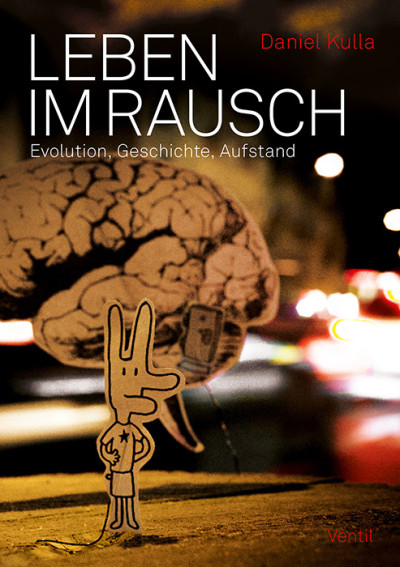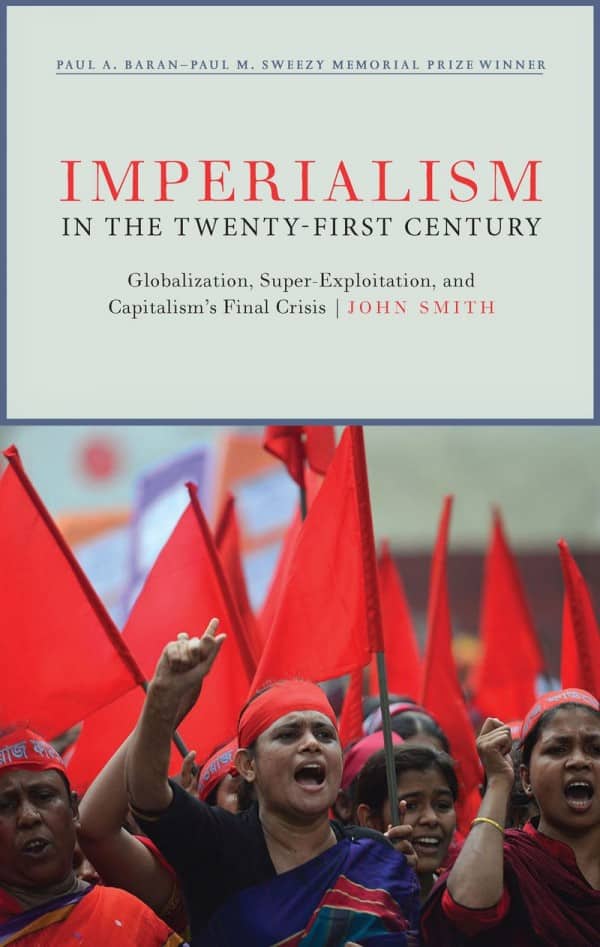Die längste Geschichte der Welt
October 28th, 2006
>>Scientific estimates of the age of the earth and the universe show a consistent tendency to increase at an increasing rate as time goes on. This relation has been surprisingly consistent during the last three centuries. The implications of this are, of course, profound, for they impact on both the future and the past history of time itself.<< (The Age of the Universe is a function of time)

















October 28th, 2006 at 12:19
stimmt übrigens nicht, wenn man die hindus miteinbezieht, im hinduismus ist das universum viel älter. etwas eurozentrisch das ganze – lässt man sie nicht mit den berechnungen des mönches Usher beginnen, der seine theorie an hand von studium der bibel-genealogie aufstellte, sieht die grafik dann gleich weniger eindeutig und hübsch aus:
October 28th, 2006 at 12:21
ok, früh am morgen (subjektiv) hätte wohl den hinweis “appears in the science humor collection Science Askew ” früher entdecken sollen
😀
October 28th, 2006 at 19:42
Hier ein Zeitungs… mir fällt gerade das Fremdwort nicht ein.. ach ja Ausschnitt aus einer Tageszeitung:
Rund drei Viertel der Bürger befürworten übrigens mehr behördliche Kontrollen, wenn es um die “Entwicklung” von Kindern geht.
PS: die anführungszeichen…auch hier fällt mir das dazu passende fremdwort nicht ein… ach ja apostroph sind von mir künstlich ,also ich meine die waren nicht in dem artikel.
Ha,Ha,Ho,Ho,und Hi,Hi.
October 28th, 2006 at 22:18
@bigmouth
Aber trotzdem danke für die Mühe. Ich hätte ja auch Randgruppen-Humor (in diesem Fall: Humor für Chronologiekritiker) taggen können. Mach ich mal gleich noch.